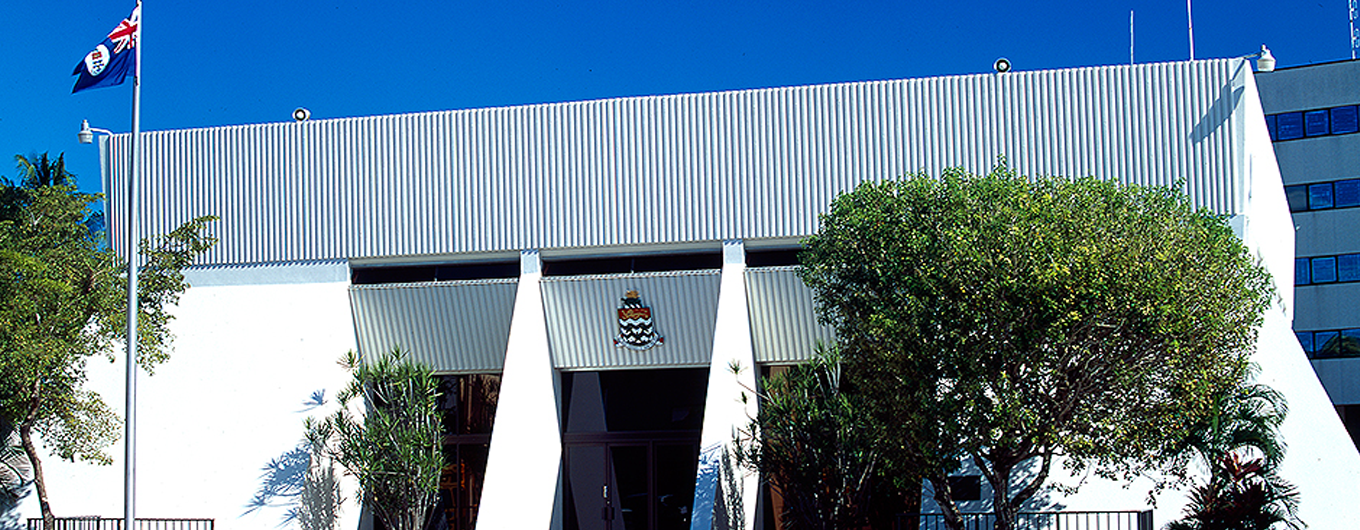
By: Barrie Quappé RN, BSN – Consultant/Director:
When the Whittaker article was published on 22nd February 2016 in the Cayman Compass notifying the community that a Judge had upheld the law as it relates to protection from malpractice, you could feel the tremors from people all over the Cayman Islands.
“In a judgment published Friday, Justice Richard Williams upheld the contentious section 12 of the Health Services Authority Law that provides blanket immunity from medical malpractice suits for anyone who works for the authority, except in cases where “bad faith” can be proved.” (Whittaker, 2016)
Why, how, the public the hue and cry rang out but alas, there it was. The law stands.
Not too long after, a motion was filed to remove this clause as it was not ‘intended’ to be so broad:
“The opposition leader has filed a private member’s motion to amend the Health Services Authority Law, saying that legislators never intended to protect doctors from negligence claims when the law was passed in 2004. McKeeva Bush said section 12 of the law was meant to cover the authority’s board of directors, not medical staff, but last month that clause prevented a local woman from winning a negligence case against the Cayman Islands Hospital.” (Ledger, 2016)
The occurrence of unintended impacts on populations by legislation is not a new issue but it begs the broad question of who vets legislation before it becomes official? What was the drafting of this clause based on?
We have also read reports in the press on unreported errors. In the incidence of not telling a patient that there was a medical error, because they survived it, is the height of lows for the medical professionals. Edwin provides a comprehensive source for the defense, legal and morally as to why this practice is egregious.
“By not disclosing a medical error, the doctor conspicuously places his own interests above that of the patient to the detriment of the patient, thereby violating a patient-centered ethic. Moral courage is therefore needed if doctors are to do the right thing when medical errors occur. This moral courage can be facilitated by institutions having policies and guidelines on disclosure of errors in place, training doctors and other hospital staff on how to disclose medical errors and providing emotional support for doctors who make mistakes in their efforts to treat patients and save lives.” (Edwin, 2009, p.1)
We do need to remove this clause but we also need to re-visit institutional policies and procedures, provide emotional support to the professionals and to the patients and families and work towards prevention in the future. Immunity? Really?
Need Assistance with your People, Policies or Facilities? Contact Us Today!
Relevant Links:
- Edwin, A.K. (2009)’ Non-Disclosure of Medical Errors an Egregious Violation of Ethical Principles’, Ghana Medical Journal, 43(1), pp. 34-39 [Online] Available from: http://www.ncbi.nlm.nih.gov/pmc/articles/PMC2709172/
- Ledger, W. (2016) ‘Mac files motion to remove doctors’ immunity’, Cayman Net News, [Online] Available from: https://caymannewsservice.com/2016/03/mac-files-motion-to-remove-doctors-immunity/
- Whittaker, J. (2016) ‘Court rules HSA doctors have immunity from negligence suits’, Cayman Compass, [Online] Available from: https://www.caymancompass.com/2016/02/22/court-rules-hsa-doctors-have-immunity-from-negligence-suits/
